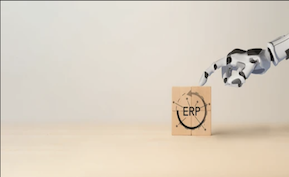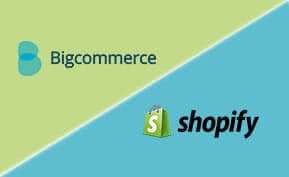Nonprofit Management
Donor Privacy & Ethics in Nonprofit Software: Using Data Responsibly While Deepening Engagement

Donor data is the lifeblood of modern nonprofit operations — but it also carries ethical responsibility. With growing concerns over privacy and digital surveillance, nonprofits must handle personal information with the same care as financial assets. The key is finding the balance between responsible data use and personalized donor engagement.
The importance of donor privacy in the digital era
As nonprofits rely more on digital tools for fundraising and communication, they collect vast amounts of personal data — from giving history and demographics to event attendance and online behavior. This data helps tailor campaigns but can also create privacy risks if mishandled.
- Increased transparency demands: Donors expect to know how their data is collected, stored, and used.
- Rising regulation: Laws like GDPR, CCPA, and emerging state-level policies apply to many U.S.-based nonprofits.
- Trust as currency: Mishandled data can permanently damage donor relationships and brand reputation.
Ethical data practices for nonprofits
- Consent-based collection: Only gather the data necessary for mission-related engagement.
- Transparent communication: Clearly inform donors how and why their information is being used.
- Data minimization: Avoid collecting sensitive or unnecessary personal details.
- Access control: Limit who can view, export, or modify donor records.
- Encryption & compliance: Use secure, compliant CRM systems that meet global privacy standards.
How nonprofit software supports data privacy and ethics
- Permission management: Track consent and opt-in preferences automatically in CRM systems.
- Audit trails: Monitor data access and modifications to ensure accountability.
- Secure cloud hosting: Protect donor information with encryption, MFA, and role-based access.
- Automated data cleanup: Schedule record purges for outdated or unused personal information.
- Anonymized analytics: Use aggregated donor data for insights without exposing individuals.
Leading CRM tools for ethical donor data management
- Salesforce Nonprofit Cloud: Advanced privacy configuration, data classification, and compliance tools.
- Bloomerang: Built with ethical fundraising principles — tracks engagement while minimizing intrusion.
- Neon CRM: Includes consent tracking, opt-in workflows, and GDPR-compliant data storage.
- Blackbaud Raiser’s Edge NXT: Provides robust audit controls and advanced permission settings.
- Virtuous CRM: Focuses on “responsive fundraising” — personalization with privacy in mind.
Benefits of ethical data practices
- Enhanced donor trust: Transparency fosters loyalty and long-term relationships.
- Reduced risk: Protects the organization from data breaches and compliance violations.
- Improved engagement: Donors are more likely to give when they feel respected and secure.
- Operational integrity: Ensures consistent ethical standards across campaigns and teams.
Implementation roadmap for donor data ethics
- Conduct a data audit: Identify all donor data sources, storage systems, and potential vulnerabilities.
- Develop a privacy policy: Publish clear, plain-language policies outlining how donor data is used.
- Train your team: Ensure staff and volunteers understand privacy regulations and ethical data handling.
- Automate compliance: Use CRM features for opt-in tracking, retention limits, and breach alerts.
- Report transparently: Share privacy and security updates with donors annually.
Key metrics for monitoring donor data ethics
- Opt-in rate: Percentage of donors who consent to communications.
- Data access incidents: Frequency of unauthorized or accidental data exposure.
- Donor retention: Indicator of trust and satisfaction with the organization.
- Privacy audit score: Results from internal or third-party compliance assessments.
FAQs
Why is donor privacy important for nonprofits? It builds trust, ensures compliance with laws, and protects the organization’s reputation.
How can CRM software support data privacy? It automates consent tracking, encrypts donor data, and limits access to authorized users.
What are the top privacy regulations nonprofits should follow? GDPR (Europe), CCPA (California), and other state or national privacy laws apply to many organizations.
How does ethical data use improve fundraising? Donors are more likely to engage and contribute when they trust how their information is handled.
Bottom line
Donor data is more than just a marketing asset — it’s a matter of ethics. By adopting privacy-focused nonprofit software and transparent data practices, organizations can protect their supporters, comply with global regulations, and build stronger, more sustainable donor relationships.






